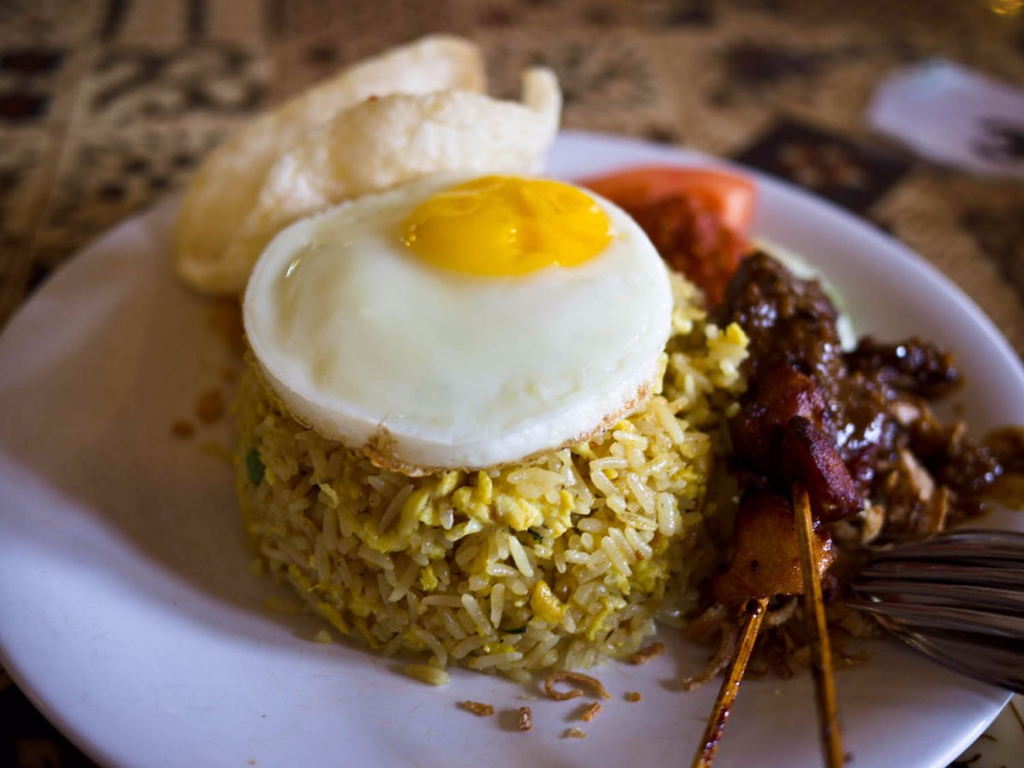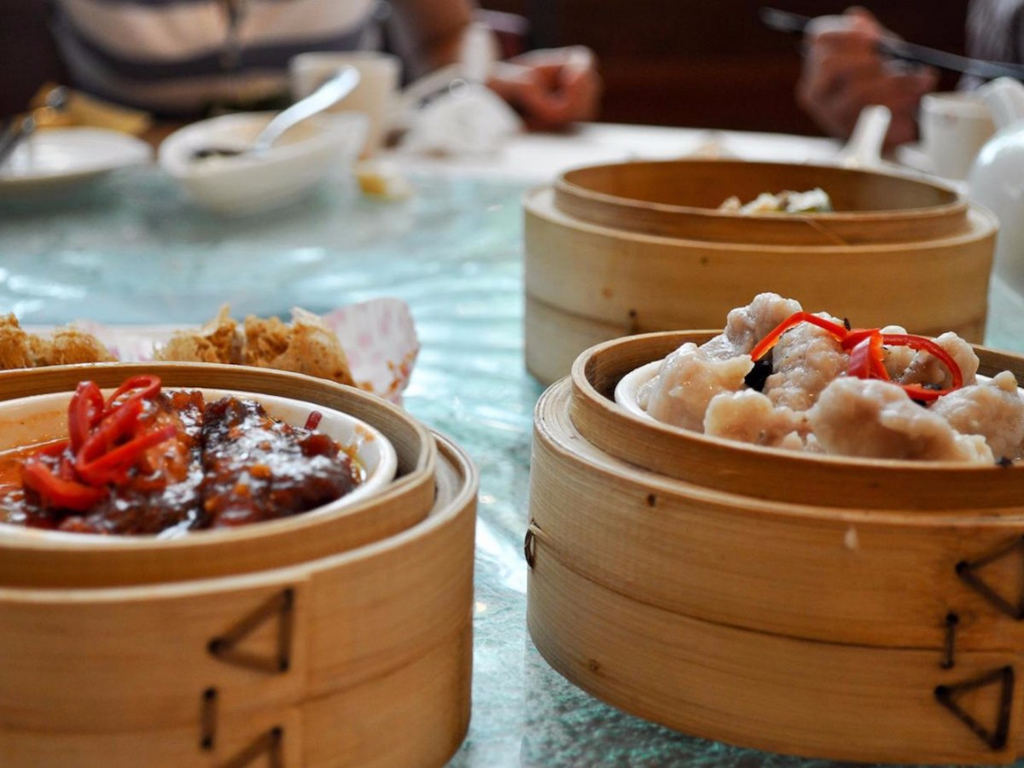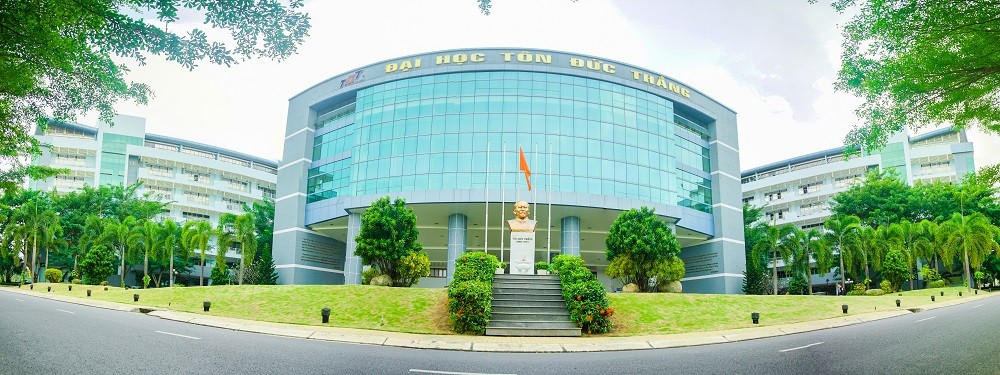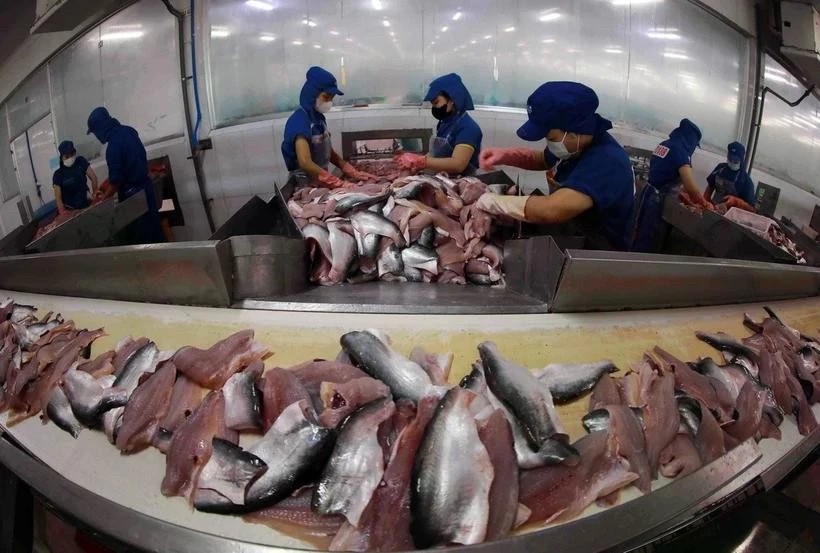Breakfast and effects on health
Many of us grab coffee and a quick bite in the morning and eat more as the day goes on, with a medium-sized lunch and the largest meal of the day in the evening. But a growing body of research on weight and health suggests we may be doing it all backward.
 |
Indonesia-style breakfast (source: Zing News)
A recent review of the dietary patterns of 50,000 adults who are Seventh Day Adventists over seven years provides the latest evidence suggesting that we should front-load our calories early in the day to jump-start our metabolisms and prevent obesity, starting with a robust breakfast and tapering off to a smaller lunch and light supper, or no supper at all.
More research is needed, but a series of experiments in animals and some small trials in humans have pointed in the same direction, suggesting that watching the clock, and not just the calories, may play a more important role in weight control than previously acknowledged.
This year, the American Heart Association endorsed the principle that the timing of meals may help reduce risk factors for heart disease, like high blood pressure and high cholesterol.
The group issued a scientific statement emphasising that skipping breakfast — which 20 per cent to 30 per cent of American adults do regularly — is linked to a higher risk of obesity and impaired glucose metabolism or diabetes, even though there is no proof of a causal relationship. The heart association’s statement also noted that occasional fasting is associated with weight loss, at least in the short term.
Advertisement
But the researchers also found that those who ate their largest meal early in the day were more likely to have a lower body mass index than those who ate a large lunch or dinner.
Breakfast eaters tended to keep their weight down generally, compared with breakfast skippers. The lowest BMIs were recorded in the fraction of people — about eight per cent of the total sample — who finished lunch by early afternoon and did not eat again until the next morning, fasting for 18 to 19 hours.
The conclusions were limited, since the study was observational and involved members of a religious group who are unusually healthy, do not smoke, tend to abstain from alcohol and eat less meat than the general population (half in the study were vegetarian).
But the results suggested that rethinking when and how much we eat, and including an extended fast, may have benefits.
Fasting signals to the body to start burning stored fat for fuel, the researchers said. “It seems our bodies are built to feast and fast,” said Dr Hana Kahleova, one of the authors of the study, which was done by researchers at Loma Linda University School of Public Health in California and published in The Journal of Nutrition in July. “It needs some regular cycling between having food intake and fasting. This seems to be hard-wired.”
Having the largest meal in the morning appears to have advantages for weight control compared with having a large meal in the evening, she said, since the digestive process and the action of insulin, the pancreatic hormone that the body uses to process the sugars in carbohydrates and store glucose, appear to be at their peak performance early in the day. As a result, “our body can use the nutrients as a source of energy the easiest,” Kahleova said.
A person eating the identical meal at different times of day might deposit more fat after an evening meal than a morning meal, she said.
That’s because insulin action is more efficient in the morning, experts say. “If you give a healthy inpidual a big bolus of glucose in the morning, the blood glucose might stay high one or two hours before coming back to normal,” said Dr Satchidananda Panda, a professor at the Salk Institute for Biological Studies in San Diego. “You take that same normal healthy inpidual and give them the same bolus of glucose late at night, and now the pancreas is sleeping — literally — and cannot produce enough insulin, and blood glucose will stay high up to three hours.”
 |
Chinese-style breakfast (source: Zing VN)
But many people snack all day long, Panda said. He asked volunteers to use a smartphone app to photograph everything they drank and ate throughout the day and found that even generally healthy people ate and snacked over a period of about 15 hours a day, stopping for an extended amount of time only when they were in bed.
Artificial lighting, changing eating patterns, shift work and other variables of modern life can disrupt our internal system of biological clocks, so they are often out of sync, said Courtney M Peterson, an assistant professor in the department of nutrition sciences at the University of Alabama at Birmingham. While bright light is the dominant timing cue for the body’s master clock in the brain, the peripheral cells and tissues in the body also have biological clocks, and food intake is an important factor for setting their time zones, she said. Ideally, all of the clocks should be in sync and in the same time zone.
“If your timing to light exposure is out of sync with the timing of meals, it’s like your clocks are at different time zones and don’t know how to communicate with each other,” Peterson said. “It’s like an orchestra whose musicians are playing out of time with each other,” and the result is “cacophony, not music.”
Intermittent fasting may have other advantages as well.
“Twenty years of work on animals shows that compared to those that have constant access to food, those on intermittent fasting diets live longer, their brains function better as they get older and the nerve cells respond to the period of going without food by increasing their ability to cope with stress,” said Mark P Mattson, chief of the National Institute on Aging’s laboratory of neurosciences. “From an evolutionary perspective, it makes sense that animals in the wild — especially predators — would have to function optimally in a fasted state when they haven’t been able to obtain food.”
Kahleova says the take-home message is like the old proverb, to eat “breakfast like a king, lunch like a prince and dinner like a pauper.”
That may be a difficult prescription to follow, since family life and social get-togethers so often revolve around sitting down to an expansive meal at the end of the day. Kahleova suggested making the evening meal smaller as often as possible.
“The message is very straightforward: Make breakfast your largest meal of the day, and eat dinner as your lightest meal of the day,” she said./.
( VNF/NYT )
Most read
Recommended
 Handbook
Handbook
Vietnam's Cultural Charm Shines at Winter Fair
 Handbook
Handbook
Vietnam's Fish Sauce Tops World's Best Dipping Sauces
 Handbook
Handbook
Four Vietnamese Universities Feature Among Asia's Top 200
 Handbook
Handbook
Water Puppet Show To Be The Highlight of Vietnam Day in Brazil
Popular article
 Handbook
Handbook
Taste Atlas: Vietnam’s Fish Sauce, Fermented Dish Sauce Among World’s Best Dipping Sauces
 Handbook
Handbook
TasteAtlas: Four Vietnamese Dishes Among World’s 100 Best Dishes With Ginger
 Handbook
Handbook
Free Tickets to Taiwan Film Salon 2024 in Hanoi
 Handbook
Handbook








